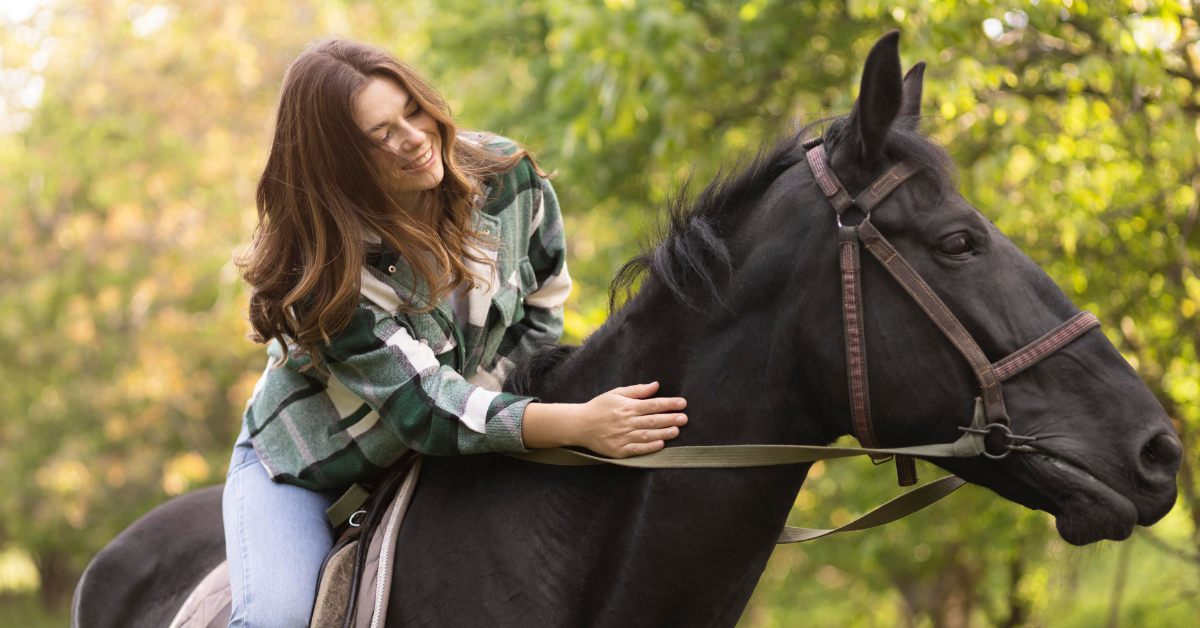Can You Get a DUI on a Horse? 7 Legal Facts You Must Know!
Creatify
7/30/20253 min read


Riding a horse after a few drinks might sound like a quirky country tradition or even a safe alternative to drunk driving. But here’s the kicker—Can you get a dui on a Horse? you can actually get a DUI on a horse in certain states. Yes, even though it's not a car, and your "vehicle" has a mind of its own.
Let’s unravel the legal truths, state laws, real-life cases, and consequences of riding a horse while under the influence.
Understanding the Concept of DUI
Definition and Scope of DUI
DUI stands for Driving Under the Influence. It typically involves operating a vehicle while impaired by alcohol or drugs, with a blood alcohol concentration (BAC) over a legal limit (usually 0.08%). The core idea? Protecting public safety on roads.
DUI Laws and Their Intent
Most DUI statutes are designed to penalize unsafe behavior—mainly involving motorized vehicles. But the way the law is written in your state may broaden that definition to include animals.
Do DUI Laws Apply to Horses?
Are Horses Considered Vehicles by Law?
In some states, yes, animals like horses are treated similarly to non-motorized vehicles—especially if used on public roads. That means you could face the same penalties as someone driving a car.
Key Legal Interpretations
In California, for example, horseback riders are expected to follow road rules just like drivers. In Florida, horses fall under "vehicle" classifications for DUI laws. But in other states, such as North Carolina or Minnesota, horses aren’t considered vehicles at all.
State-by-State Differences in DUI on Horse Laws
States Where You Can Get a DUI on a Horse
Here are some states where DUI laws include horseback riding:
California
Florida
Kentucky
Alabama
Nevada
Arkansas
In these states, impaired horseback riders have been arrested, charged, and even convicted of DUI.
States Where You Cannot Get a DUI on a Horse
In contrast, these states exclude horses from DUI classifications:
Minnesota
Texas
North Carolina
Tennessee
Arizona
You might still face other charges, but not a formal DUI.
States with Unclear or Ambiguous Rules
Some states leave room for interpretation. Laws are written vaguely, and enforcement depends on precedent or officer discretion. Always consult local statutes or an attorney.
Real-Life Cases of DUI on Horseback
Famous Arrests and Legal Outcomes
In California, a man was arrested for DUI while riding a horse along a freeway.
In Florida, multiple cases have seen intoxicated riders charged with DUI and reckless endangerment.
Media Coverage and Public Reactions
These cases often go viral, with headlines like “Man Arrested for DUI on Horse Named ‘Trigger’.” While entertaining, the legal consequences are real, including fines, jail time, and license suspensions.
Legal Consequences Beyond DUI
Public Intoxication and Disorderly Conduct
Even in states where DUI doesn't apply, riding while drunk could lead to citations for:
Public intoxication
Disorderly conduct
Obstructing traffic
Animal Cruelty and Endangerment Charges
If your behavior endangers the horse or others, you might face animal cruelty charges. In several cases, horses were injured due to impaired riders.
Comparing Horses with Other DUI Scenarios
Bicycles, Scooters, and Skateboards
DUI laws often extend to non-motorized transport:
In Oregon, you can get a DUI on a bicycle.
In Pennsylvania, scooters and segways can trigger DUI charges.
Driving Non-Motorized Vehicles
Laws differ, but the common theme is operating anything on public roads while intoxicated is risky business.
Legal Advice and What to Do If Caught
What to Say to Law Enforcement
Stay calm. You have rights:
Don’t admit fault
Request an attorney
Comply politely
When to Consult a Lawyer
Always. DUI cases—on horses or otherwise—can impact your:
Driver’s license
Criminal record
Employment
Public Perception vs. Legal Reality
Myths About DUI and Animal Use
Many believe that because a horse is not a machine, you’re immune to DUI. Not true in many states.
Lawmaker and Public Safety Perspectives
Some jurisdictions have debated updating laws to reflect modern views on animal transportation and intoxication risks.
Safety and Ethical Concerns
Risks to Rider, Horse, and Others
An intoxicated rider:
Has reduced control
Can injure the horse
Might cause traffic accidents
Best Practices and Responsible Riding
Don’t ride if impaired
Call a sober friend
Treat animals with care and respect
FAQs
Q1: Can you get a DUI on a horse in Texas?
No, horses are not considered vehicles under Texas DUI law.
Q2: What happens if you're drunk on a horse in a public area?
You may face public intoxication or animal endangerment charges, even if DUI doesn’t apply.
Q3: Does my driver’s license get suspended if convicted?
In some states, yes—even if the offense involved a horse.
Q4: Is it safer than driving a car drunk?
Yes, but it’s still dangerous, illegal in some places, and ethically questionable.
Q5: Can I ride on private land while drunk?
Typically yes, unless you endanger others or abuse the animal.
Q6: How can I find out my state’s law?
Check local DUI statutes or consult a DUI defense attorney.
Conclusion: Should You Ride a Horse While Intoxicated?
Riding a horse while drunk may sound harmless or even funny, but it can lead to real legal trouble, including DUI charges, public intoxication, and endangerment. Laws vary dramatically by state, but the safest bet is to stay sober when riding—for your sake and the horse’s.
